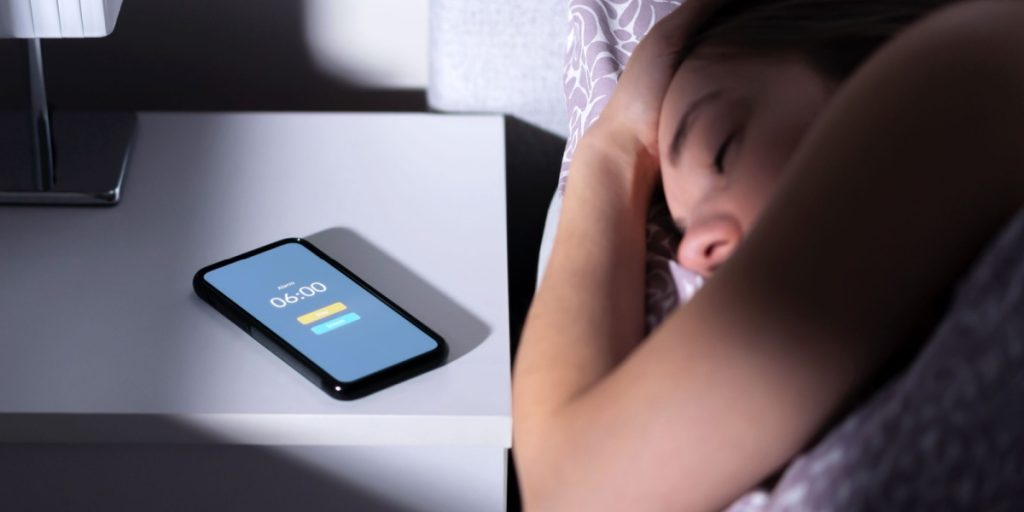Are you an early bird or a night owl?
Others are reading now
Some people hit the snooze button five times every morning, and even the thought of getting up before the sun has risen calls for an extra strong espresso.
Others seem to thrive in the early hours of the day, already full of energy even before sunrise.
But is it healthier to sleep in, or do we all need to stop hitting snooze?
Researchers from the University of Surrey and Northwestern University have recently conducted a large-scale study examining the link between sleep patterns and life expectancy.
Also read
Over 400,000 participants, aged 38 to 73, were followed for 6.5 years.
As part of the study, participants were asked to identify themselves as either always early risers, mostly early risers, always evening people, or mostly evening people.
Night Owls Face Higher Risks
The study found that those who identified as night owls, sleeping late in the morning, had a 10 percent higher risk of death compared to others.
Approximately 10,500 participants died within the study period, and a higher percentage of these were evening people.
These participants also reported more frequent psychological, stomach, and respiratory issues, which were partly attributed to their irregular sleep habits.
Impact of Incorrect Sleeping Habits
Many people must wake up early for work, but night owls who stay up late and get less sleep suffer health consequences over time. This misalignment with their internal clock affects their health negatively.
But the researchers concluded that simply going to bed earlier isn’t a solution due to the genetic component of sleep patterns.
Instead, they would recommend adjusting work hours for night owls to start later in the morning and finish later in the evening.
Ideal Bedtime and Wake-Up Time
A separate study involving 1,000 people, reported by the British Mirror, found that going to bed at 10:37 p.m. and waking up at 7:19 a.m. results in better rest, refreshed mornings, and overall happiness.
This sleep schedule aligns well with the natural circadian rhythm, promoting a relaxed start to the day.
Benefits of Early Rising
Waking up early offers several health benefits:
-
Regular Sleep Cycle: Supports heart health, metabolism, and mental health.
-
More Daylight: Increases natural sunlight exposure, boosting vitamin D production and stabilizing the circadian rhythm.
-
Better Mental Health: Early risers have a lower risk of depression, according to a 2018 study.
-
Effective Time Use: More time to achieve daily goals, reducing stress levels.
-
Healthier Eating Habits: Regular breakfast and healthier diet are common among early risers, positively affecting weight and metabolism.
-
Improved Productivity: Many people find morning hours more productive due to fewer distractions and feeling fresher.


